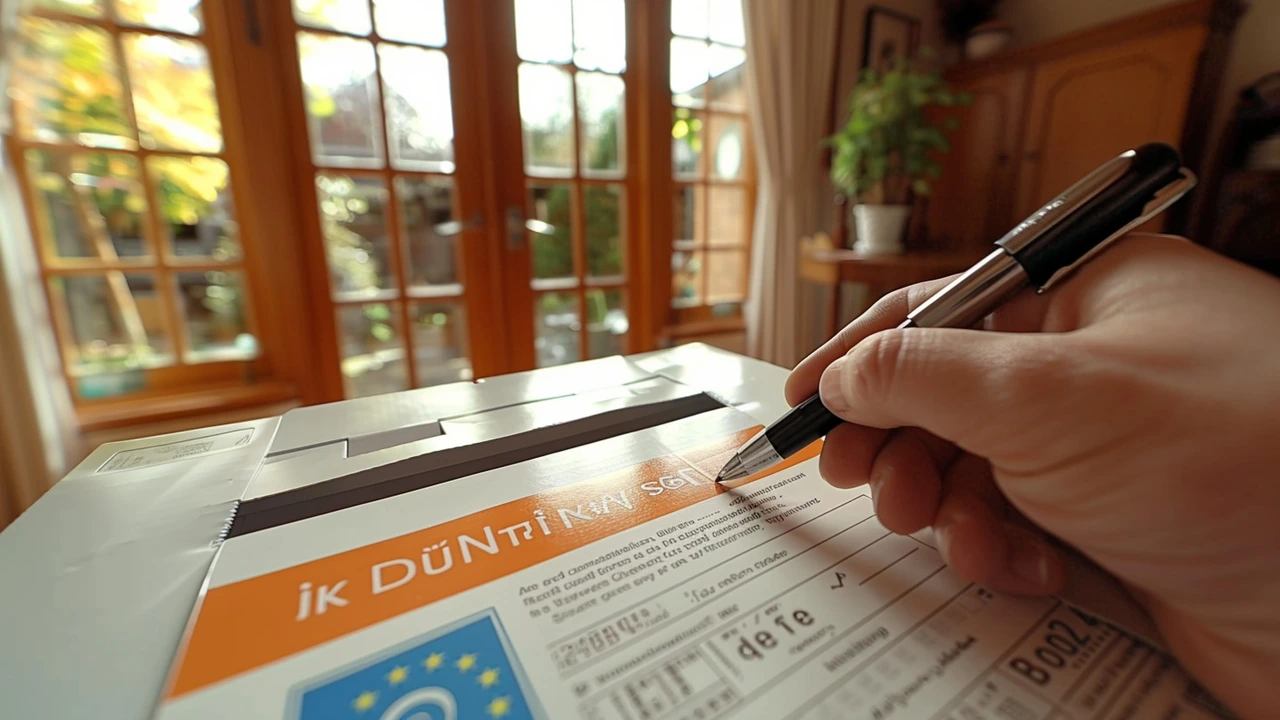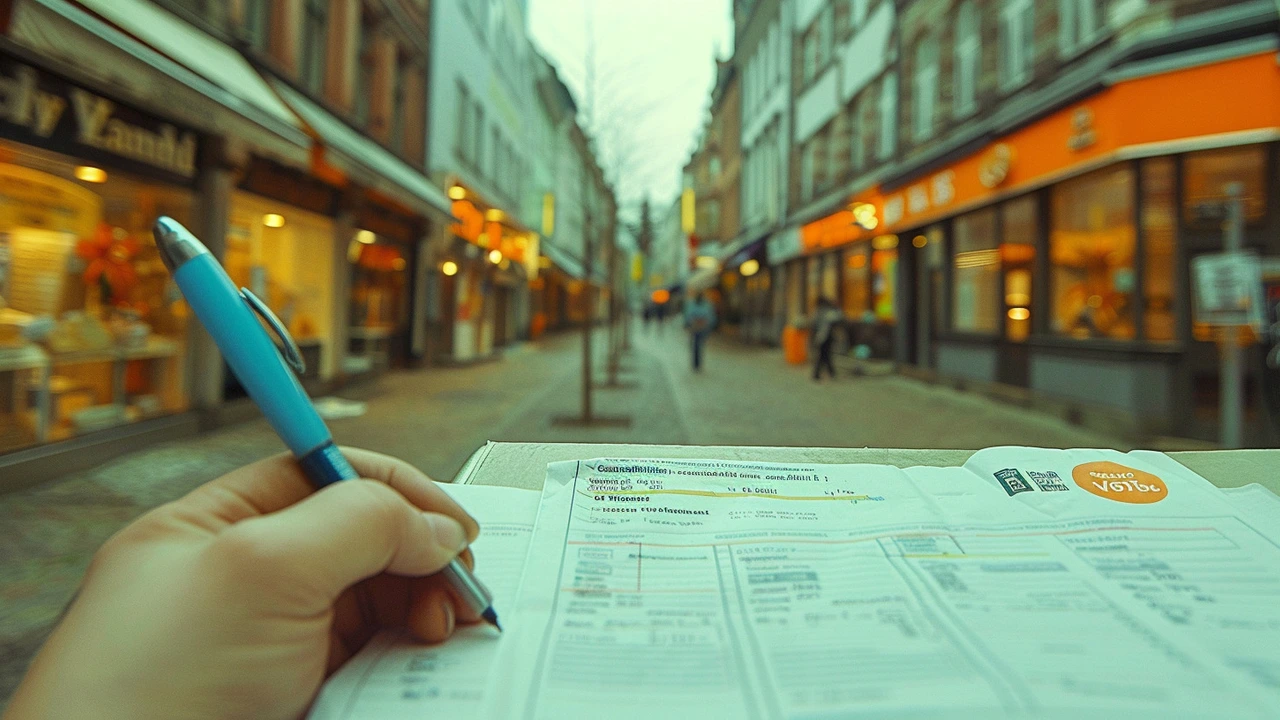Denmark Approaches Postal Vote Deadline for EU Elections
As Denmark gears up for the European Union (EU) parliamentary elections, the deadline for casting postal votes is fast approaching. Eligible voters have until Thursday, June 6th, at 1600 to submit their postal votes. This vital information is crucial for all those participating in the election.
Voters residing in Denmark can cast their postal votes at designated advance voting locations within each municipality. The exact locations are listed on the municipality’s official websites. It is important to note that in order to vote, electoral participants must bring their ballot card alongside an accepted form of identification. This can include a passport, a driving license, or the recognizable yellow health insurance card.
By casting their vote by post, voters are essentially choosing to skip the traditional election day process. Once a postal vote has been cast, the voter is no longer permitted to vote again on the official election day, which this year falls on Sunday, June 9th. This process, although implemented to ensure smoother election logistics, requires careful consideration from the voter to avoid any mix-ups.
The eligibility to vote in the Danish segment of the EU elections extends beyond just Danish nationals. Nationals from any EU country who currently reside in Denmark are entitled to vote, as are Danes living abroad within other EU countries. This inclusive approach ensures a diverse range of voices in the democratic process.
A total of 169 politicians, representing 11 different political parties, are running in the EU elections in Denmark this year. Following Brexit, Denmark's allocation of seats in the European Parliament has increased by one, bringing the total to 15. This slight increase in representation aims to reflect the shifting dynamics within the EU and the need for fair representation of member states.
Arrangements for Postal and In-Person Voting
To accommodate voters, at least one voting booth per municipality will remain open from 0900 to 1600, although some locations may have extended hours. This flexibility seeks to ensure maximum participation, allowing voters a range of convenient options to exercise their democratic rights.
In case a voter misses the postal vote deadline, they still have the opportunity to participate by attending a polling station on election day itself, June 9th. On this day, voting booths nationwide will be open from 0900 to 2000, giving plenty of time for everyone to cast their votes. This final opportunity is crucial for ensuring the highest possible voter turnout.
An Inclusive Electoral Landscape
The participation of a broad spectrum of the population, including foreign nationals residing in Denmark and Danes living in other EU countries, speaks volumes about Denmark’s commitment to inclusive democratic processes. This inclusive policy widens the range of perspectives brought into discussions at the EU level.
With 169 candidates vying for 15 seats, the election is expected to be competitive, showcasing the vibrant political environment of Denmark. The diversity in political representation is pivotal for coalition-building and for advocating Denmark's interests in the European Parliament. With the intersection of local and regional votes contributing towards a broader European narrative, every vote cast holds significant weight.

Voter Preparedness and Engagement
Voters are encouraged to be well-prepared and informed about the voting process. Information on candidates, party platforms, and the specifics of election logistics are all critical components of an informed vote. Various media sources, campaigns, and informational leaflets play a crucial role in preparing the electorate for this important day.
Active voter engagement and participation are the cornerstones of a successful democratic election. As Denmark nears the postal vote deadline and looks forward to the election day, the importance of each vote cannot be overstated. It is an opportunity for citizens to shape their representation at the EU level and influence crucial decisions that will affect their future.
In conclusion, Danish voters should take heed of the fast-approaching deadline for postal votes, ensuring they are proactive in securing their voice in the European parliamentary elections. With the array of candidates and comprehensive arrangements in place, the path to casting a vote has been made accessible to all. This election stands as a testament to the strength of democratic values and the proactive spirit of Denmark’s electorate.


ria ariyani
June 8, 2024 AT 12:40Emily Nguyen
June 10, 2024 AT 06:54Ruben Figueroa
June 12, 2024 AT 00:32Gabriel Clark
June 13, 2024 AT 22:19Elizabeth Price
June 14, 2024 AT 11:01Steve Cox
June 14, 2024 AT 19:47Aaron Leclaire
June 16, 2024 AT 15:07